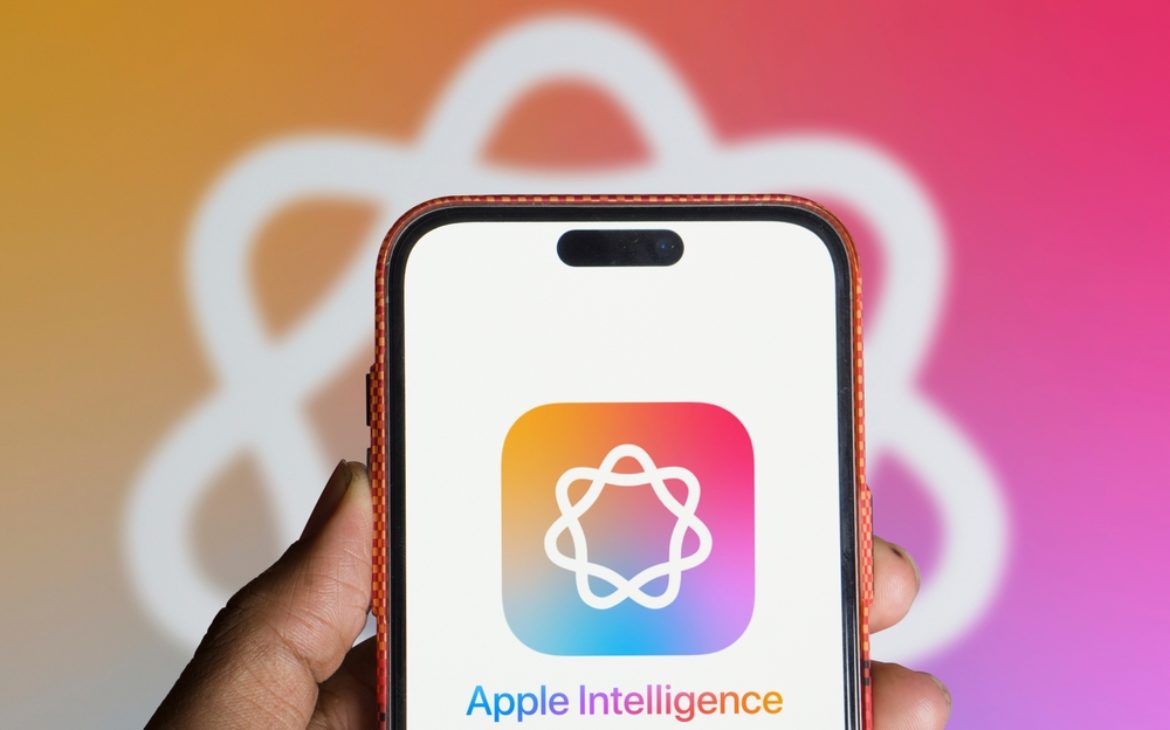
Apple’s expansion into artificial intelligence (AI) is hitting significant hurdles in China, one of its most vital markets. The country’s stringent AI regulations and a competitive local smartphone industry pose formidable challenges for the tech giant’s AI initiatives.
Apple’s latest venture, Apple Intelligence, promises to embed advanced AI capabilities across its devices. This suite includes an enhanced Siri, email organization tools, and features that transcribe and summarize audio. While the rollout is planned for U.S. English this fall, with additional features and languages to follow next year, Apple’s strategy for the Chinese market remains unclear.
China’s regulatory framework for AI is among the most rigorous globally, creating a unique challenge for Apple. Over recent years, Beijing has implemented a series of regulations targeting data protection and the management of large language models (LLMs), the foundational data sets behind AI applications like ChatGPT.
Bryan Ma, Vice President of Devices Research at IDC, highlighted the complexities Apple faces in navigating these rules. “China is in another world when it comes to AI, given the regulatory environment there,” Ma told CNBC. “So, China is a big asterisk on Apple’s big announcements last week.”
Key regulatory measures in China include:
- Approval Requirement for AI Models: Companies must get government approval for commercial use of their AI models.
- Censorship Obligations: Generative AI providers are responsible for removing “illegal” content.
- Data Localization: Sensitive data, including that related to AI, must be stored within China.
These rules mean Apple must ensure its AI offerings comply with local laws, potentially requiring modifications or partnerships with domestic companies like Baidu or Alibaba, who have their own LLMs and voice assistants.
Apple’s challenge in China is not just regulatory but also competitive. Local players like Huawei are rapidly innovating and integrating AI features into their smartphones. In the first quarter of 2024, Apple’s market share in China dropped to 15%, down from 20% the previous year, as reported by Canalys. Huawei, recovering from U.S. sanctions, has surged back to become the leading smartphone brand in China.
Market Share in China (Q1 2024)
| Company | Market Share (Q1 2024) | Market Share (Q1 2023) |
|---|---|---|
| Huawei | 23% | 15% |
| Apple | 15% | 20% |
| Xiaomi | 18% | 17% |
| Oppo | 17% | 18% |
| Vivo | 12% | 14% |
With local brands capitalizing on AI to enhance their devices, Apple’s relative delay in introducing similar features to the Chinese market could impact its competitive positioning.
Apple’s commitment to privacy, a cornerstone of its AI strategy, faces additional scrutiny in China. The company introduced Private Cloud Compute, which processes AI tasks on Apple-owned servers without storing user data. However, in China, iCloud data is managed by a local third party, raising questions about the feasibility of fully controlling its AI processing servers under similar conditions.
Neil Shah, a partner at Counterpoint Research, expressed skepticism about Apple’s ability to maintain its privacy standards in China. “Maintaining complete user privacy in an AI era in heavily regulated markets such as China will be the biggest test for Apple yet,” Shah said. “It’s going to be challenging for Apple to have fully controlled own private compute servers in China.”
Despite these challenges, some analysts believe Apple’s focus on privacy could align with China’s data protection laws, which seek to regulate how information is collected and stored. CCS Insight’s Ben Wood noted, “Apple’s ongoing focus on privacy and security practices may help placate local regulators, and Apple has not been afraid to make concessions when required.”
To succeed in China, Apple may need to tailor its AI features to meet local needs and regulations. This could involve developing on-device and cloud-based AI models that comply with Chinese laws. Nicole Peng from Canalys suggested that Apple would need to “create a localized AI experience on its devices that appeals to Chinese users.”
- Regulatory Compliance: Obtain necessary approvals for AI models and ensure alignment with Chinese censorship requirements.
- Local Partnerships: Collaborate with domestic companies like Baidu or Alibaba for AI technology integration.
- Privacy and Data Management: Adapt data processing methods to comply with local laws while maintaining privacy standards.
- Cultural Customization: Localize AI features to cater to the unique preferences and behaviors of Chinese consumers.
Federighi, Apple’s Senior Vice President of Software Engineering, confirmed the company’s intent to bring its AI capabilities to China. “We certainly want to find a way to bring all of our best product capabilities to all of our customers,” he told Fast Company. However, he acknowledged that regional regulations would influence the timeline for these deployments.
Apple’s efforts to embed AI across its devices are part of a broader industry trend where smartphone manufacturers leverage AI to enhance product appeal. While the company faces significant obstacles in China, its integration of hardware and software could provide a unique competitive edge. “Apple has an uncanny ability to explain its services and features better than rivals,” Wood remarked. “Despite the current focus on AI by rival China-based smartphone makers, Apple should still be in a strong position.”
The rollout of Apple Intelligence in China is expected to be gradual, reflecting the company’s careful navigation of the country’s regulatory landscape and competitive market dynamics. “For Apple, deploying China-grade Apple Intelligence is going to be a marathon and not a sprint,” Shah concluded. “It will be deployed in phases over the years until Apple is confident and until then it will have to face some competition.”
As Apple continues to explore how best to introduce its AI products in China, the company’s ability to balance innovation with compliance will be crucial. With a strategic approach and potential local partnerships, Apple aims to carve out a space for its AI offerings in one of the most complex and significant markets in the world.
Related News:
Featured Image courtesy of 5G.hr
